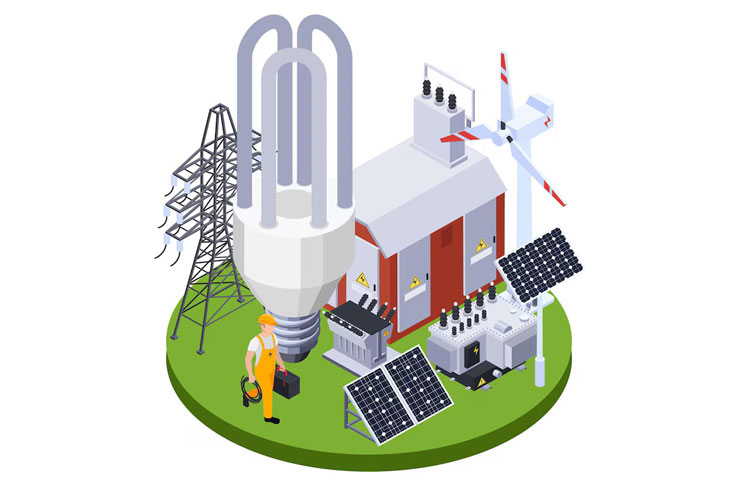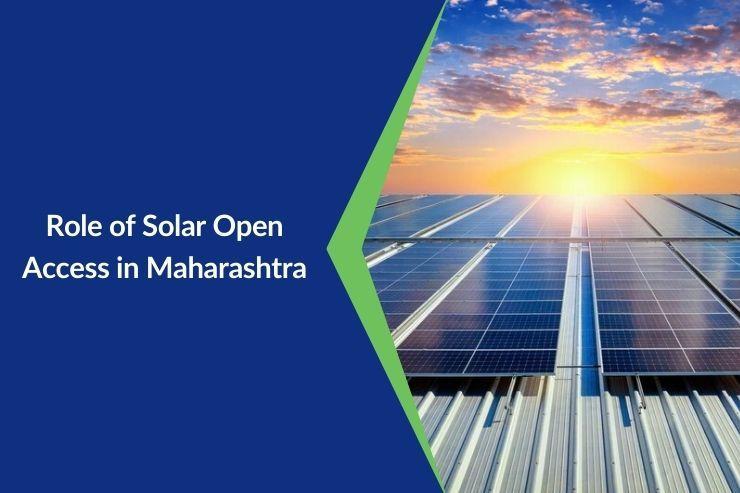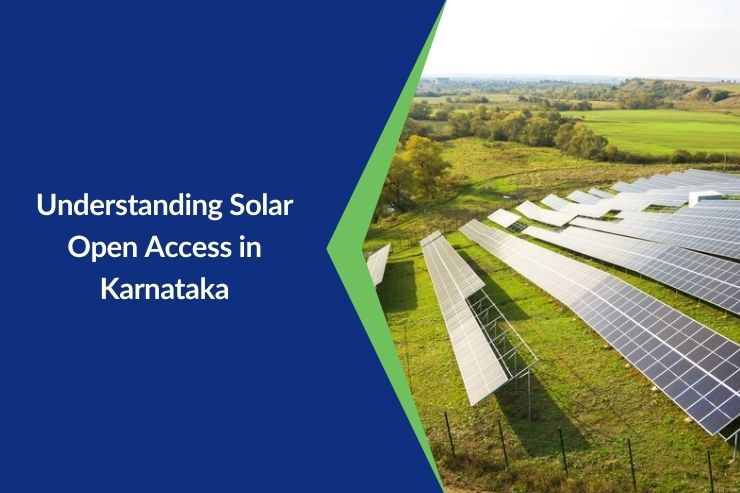As society progresses towards energy sources, the decision to select the solar power solution has become essential for both homeowners and businesses. Solar power is becoming increasingly popular due to its advantages as an alternative to traditional energy sources. However, with a variety of options, finding the ideal solar system that meets your needs can be overwhelming. Here we aim to simplify this process by offering guidance to assist you in choosing the suitable solar power solution for your specific requirements. Whether you are aiming to reduce your energy expenses minimise your impact. Boost your energy self-sufficiency. Having a good understanding of the available options is crucial for making an informed decision.
Understanding Your Energy Needs
The initial step involves evaluating your electricity consumption. This assessment is important whether you are equipping a cabin of your family residence or seeking to power a commercial space.
It’s more than choosing any system; it’s about identifying one that aligns with your unique energy requirements without going overboard. Start by determining your electricity usage and considering your energy needs as well. This isn’t just practical; it can save you from making an expensive mistake down the road.
What Are Solar Power Solutions?
Solar power solutions are systems developed to capture sunlight and then convert it into electricity for home or business applications. Some of these are grid-connected systems that directly connect to the public power grid; off-grid systems for places that don’t have access to the grid in remote areas; and hybrid systems that give you the best of both worlds.
Types of Solar Power Systems
Let’s break down the different types of solar power systems:
- Grid-tied systems
- Off-grid systems
- Hybrid systems
Types of solar power systems each offer unique advantages depending on your energy needs and access to the grid.
- Grid-tied systems are ideal for those with access to reliable grid electricity. They allow you to reduce your electricity bills and carbon footprint by supplementing grid power with solar energy. These systems can also feed excess energy back to the grid, potentially earning you credits or income through net metering policies.
- Off-grid systems suit remote or rural locations where grid connectivity is unreliable or nonexistent. These systems rely entirely on solar power and require battery storage to ensure a continuous power supply, making them completely independent.
- Hybrid systems combine the best aspects of grid-tied and off-grid systems. They are connected to the grid and include battery storage to provide power during outages or periods without sunlight. This setup offers flexibility and reliability, ensuring energy availability regardless of grid stability or weather conditions. These systems are valuable in areas with frequent power fluctuations or outages.
Benefits of Solar Power Solutions
Switching to solar is not good just because it’s a green solution; it makes practical sense. On the environmental front, it is one powerhouse: reducing carbon emissions and tapping into boundless energy. It reduces utility bills economically and might boost your property’s value.
The benefits of solar power make you able to generate most of your electricity usage with a properly sized solar system. You will never have to worry about grid outages along with price-shifting energy rates. This kind of self-sufficiency is useful when there are frequent power disruptions.
Factors to Consider When Choosing a Solar Power Solution
Consider several factors when choosing the right system. Consider the amount of sun your area receives, the size that will suit your energy needs, your budget, and the quality of panels and components. Begin with this simple checklist.
- How sunny is your area?
- How big must your setup be to meet your energy use?
- How much budget do you have available? Keep in mind there are usually incentives or financing options which can help along with the cost.
- How about the technical details? You’re not one to skimp on quality, so be sure top-rated panels and components with extended warranties are used.
Click here to read about – Sun Solar Energy
Conclusion
Opting for solar energy is a smart, forward-thinking choice that aligns with a sustainable lifestyle. Equipped with this guide, you are all set to choose from the options available and get a system that does much more than just meet your needs—it will also fit into your life seamlessly. Ready for your next step? Jump right in and let solar power light up your world.
Frequently Asked Questions
What is the Best Solar Solution?
This depends on your particular needs and context. First, your daily uses of energy consumption, available space, and budget should be assessed. A solution developed from these will give assurance over the most efficient and cost-effective process for you. Always consider both current and any potential future energy needs for long-term viability.
What are the Different Types of Solar Solutions?
There are three main types of solar systems: grid-tie, off-grid, and hybrid. Grid-tied systems hook up to the public electricity grid, off-grid systems are completely standalone, and hybrid systems take elements from both, often with added battery storage. Your choice will depend on how reliable the grid is at your location and on your energy independence.
Which Company offers the Best Solar Solutions?
The best company for solar solutions is going to require a little research. Find companies with strong warranties, reliable customer service, and robust systems. Reviews and testimonials can reveal loads of information, and local solar companies may have other perks, such as faster support and community trust.
Which Solar System is the Most Powerful?
It’s not about the largest, but that which efficiently meets your energy demands. High-efficiency panels can provide more power in less space, especially if their roof area is limited to a certain extent. Compare the watt and efficiency ratings to determine a system with the best possible output relative to your requirements.
Which Solar Battery offers the Best Performance?
The best solar battery for your system will offer a balance of capacity, lifespan, and cost. Lithium-ion batteries are largely preferred for their long life and efficiency, though they are expensive. Consider the storage of energy you want overnight or during outages, if it is compatible with your solar panels, and an inverter.
What are the Benefits of Solar Power in a House?
Solar power reduces electricity bills, increases property value, and decreases carbon footprint. Apart from the financial benefit, it also gives energy reliability and can protect one against grid outages, thereby making your household energy system resilient and more independent.
What are the Two Main Types of Solar Power?
The two main forms are photovoltaic systems, which convert sunlight directly into electricity, and solar thermal systems, which convert sunlight into thermal energy used for heating purposes. Photovoltaic is more common for electricity generation in homes, while solar thermal can be used for both water heating and space heating solutions.








